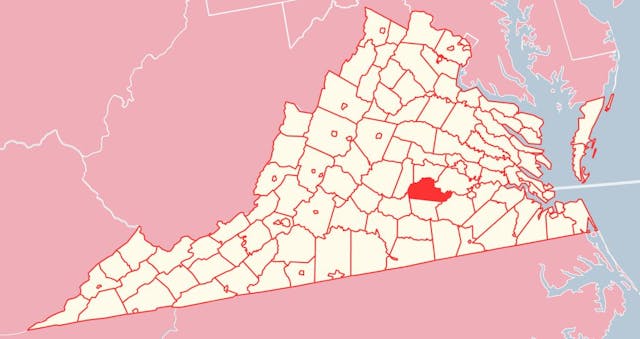Rehabs in Amelia
Amelia County was formed in the state of Virginia, US, in 1735. The county seat is Amelia Court House. This province was named after Princess Amelia of Great Britain.
It has a total 359 sq mi (930 km2) area. In 2021, As of the data, its population was 13,323, increasing by stable 0,44% over the last five days.
Yet, this region has quite suffered from alcohol and drug usage over recent years. As of the 2021 statistics, excessive drinking reached 19%. However, it registered 47% of alcohol-driving deaths. There were 8% of deaths from opioids.
These data are pretty challenging for Amelia County rehabs. Thus, they work to reduce substance use disorders as much as possible. Otherwise, it will lead to a crisis.
Drug and Alcohol Evaluation
The treatment of drugs and alcohol begins with the evaluation. Relevant specialist finds out several factors with a series of questions. Those include health state, the frequency and use of substances, and other points. The final information will help decide what treatment plan a visitor has.
Rehab Programs for Addiction Treatment
When drug and alcohol abuse becomes an epidemic, finding solutions is difficult. Generally, crime and poor health care can become the reason for addiction. The shortage of rehabs in Amelia County also may be one of the main reasons. Yet, the main centers help society to the best of their ability.
Detox
Based on the evaluation results, doctors make plans for detox and recovery. People who need residential care should undergo medical detox. It lessens the effects of withdrawal so that the person can concentrate on healing.
Outpatient settings also may provide detox. It is designed for patients who can stay sober without medical intervention.
Inpatient (IP)
IP serves clients with severe disorders like co-occurring. The medical staff consists of addiction-specialized physicians, therapists, and psychologists. Patients are eligible for individual and family counseling, educational meetings, peer support, and 12-Step services.
In essence, it has three stages which are 30, 60, and 90 days. Each of them has a different planning system. Besides, those are directed according to the degree of dependence of the patient.
Outpatient (OP)
OP enables people to remain at home while receiving healing at clinics. Clients have to visit for the cure and other activities 3-5 days per week weekly. Counseling meetings last four hours, and patients return home at the end of the day.
This option is convenient and great for those with duties outside of recovery.
Intensive Outpatient (IOP)
IOP is a day level of care that offers a supportive and structural atmosphere for recovery. It takes place five days per week and lasts five hours a day. Clinics in this province provide group counseling and education on addiction. Depending on the client's needs, they also include individual meetings, care, and an introduction to the 12-step process.
Individuals get tailored treatment and training to improve recovery skills in the least safe and secure environment. IOP helps people become responsible and self-dependent members of society.
Payment Options Without Insurance
Each clinic offers payment plans for those without private insurance. An assistant takes an interview with clients about their finances. Financial specialists plan and organize patient payment options.
Doctors are always willing to support people and tailor their healing programs to every member of society.
Rehab Programs for Teens
When a teen uses drugs and alcohol, the parents' first step is to find a suitable specialist and rehab clinics. One way or another, every medical facility in this province provides services for minors. They also have centers that operate next to schools. Hence, they educate children and provide personalized support.

